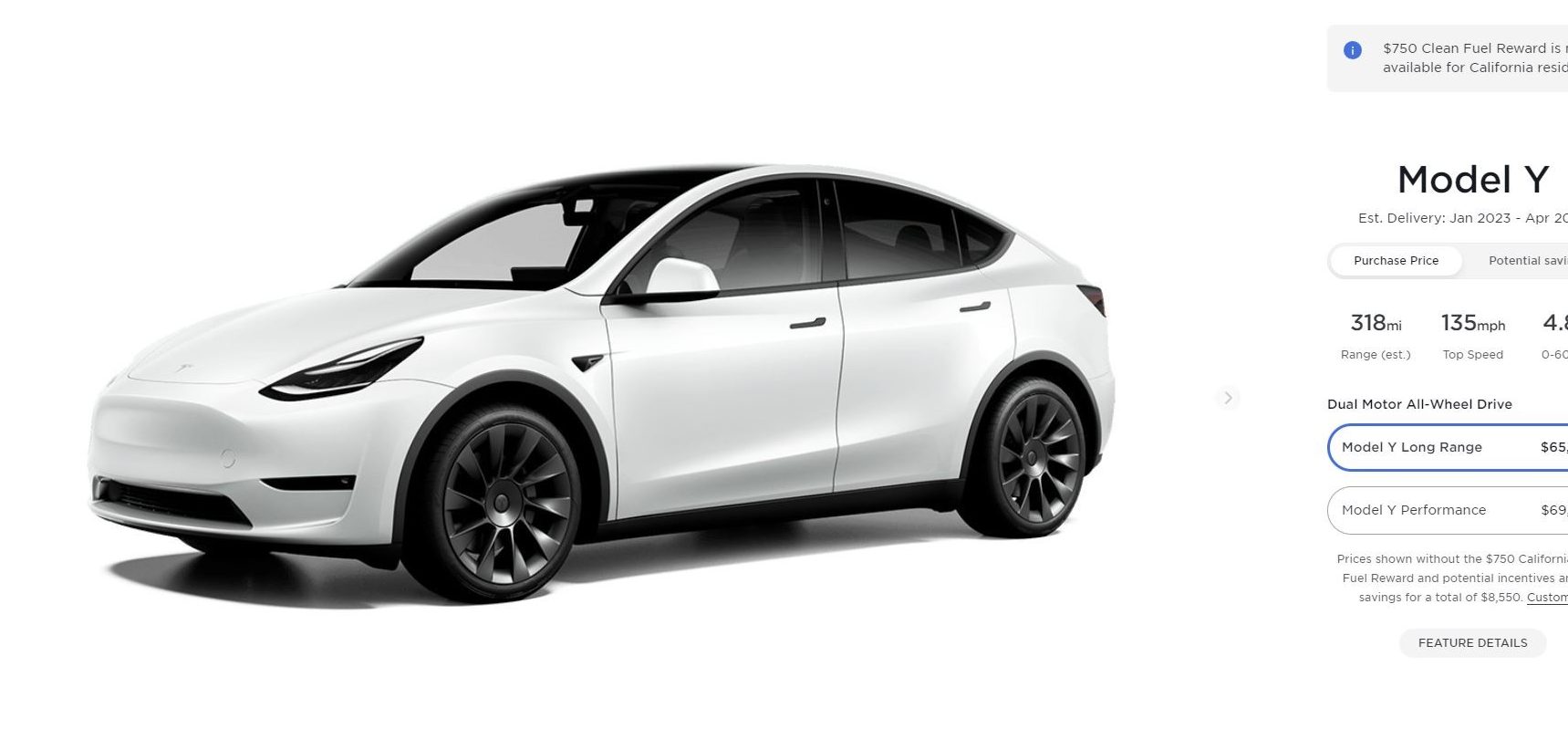Recent trends in the automotive market indicate a noticeable decline in used car prices, especially for hybrid and small vehicle models. This shift is impacting both buyers and sellers, making it crucial for those interested in these types of vehicles to understand the reasons behind the price changes and how to navigate the market effectively. This article explores the key factors driving the drop in used car prices and offers insights on how potential buyers can benefit from this trend.
Factors Driving the Price Drop
Increased Supply of Hybrids and Small Cars
One of the primary reasons for the decrease in used car prices is the increased availability of hybrid and small vehicle models on the market. Several factors contribute to this surge in supply:
- Higher Trade-Ins and Lease Returns: Many consumers are trading in or returning their hybrid and small cars more frequently. This trend is often driven by the desire to upgrade to newer models or changes in personal circumstances. As a result, the market is flooded with pre-owned hybrids and small cars, increasing the inventory and putting downward pressure on prices.
- Fleet Upgrades: Rental companies and corporate fleets are also adding to the supply. As these organizations replace their older vehicles with newer models, they sell off their used hybrids and small cars. This additional supply in the market further contributes to the price drop.
Technological Advancements
Advancements in automotive technology play a significant role in the decline of used car prices:
- New Model Features: Newer hybrid and small car models come equipped with the latest technological innovations, such as advanced safety features, better fuel efficiency, and enhanced infotainment systems. As consumers and dealerships prioritize these new features, older models become less attractive, leading to a decrease in their market value.
- Improved Fuel Efficiency: Technological improvements have led to hybrids and small cars achieving better fuel efficiency. As newer models offer more significant savings on fuel, older models may seem less appealing, contributing to their reduced prices.
Economic and Market Conditions
The broader economic environment and market conditions also impact used car prices:
- Economic Uncertainty: Economic fluctuations can affect consumer spending and demand for used vehicles. During periods of economic uncertainty, buyers may become more cautious, and sellers may lower prices to attract buyers, which can lead to a drop in used car prices.
- Interest Rates and Financing: Changes in interest rates and financing options can influence the used car market. Lower interest rates may make new cars more attractive compared to used options, leading to a decrease in demand for pre-owned vehicles and a corresponding drop in prices.
Implications for Buyers
Affordability and Savings
For buyers, the drop in prices for used hybrids and small models presents several opportunities:
- Cost Savings: With used car prices decreasing, buyers can find better deals on hybrid and small vehicles. This reduction in price makes it more affordable for consumers to purchase a pre-owned car that may have previously been out of their budget.
- Increased Value: The decreased prices of used hybrids and small models mean that buyers can get more value for their money. Whether you’re looking for a reliable commuter car or a fuel-efficient option, the lower prices allow for more flexibility in choosing a vehicle that meets your needs.
Enhanced Selection
The increase in supply and the drop in prices provide buyers with a broader range of options:
- Diverse Inventory: With more used hybrids and small cars available, buyers have access to a larger selection of models, colors, and features. This expanded inventory increases the likelihood of finding a vehicle that aligns with their preferences and requirements.
- Negotiation Leverage: The higher supply and lower prices give buyers more leverage when negotiating with sellers. With a larger pool of available vehicles, buyers can negotiate better terms and potentially secure a more favorable deal.
Tips for Navigating the Market
Research and Compare
To make the most of the current market conditions, buyers should conduct thorough research and compare options:
- Market Research: Investigate the current market trends and pricing for the specific hybrid or small model you’re interested in. This will help you understand the fair market value and identify good deals.
- Vehicle History: Obtain a vehicle history report for any used car you’re considering. This report provides information about the car’s past, including any accidents or maintenance issues, helping you make an informed decision.
Inspect and Test Drive
Before finalizing a purchase, it’s essential to inspect and test drive the vehicle:
- Pre-Purchase Inspection: Have a trusted mechanic conduct a pre-purchase inspection to ensure the vehicle is in good condition and to identify any potential issues that may require attention.
- Test Drive: Take the car for a test drive to evaluate its performance, handling, and comfort. This firsthand experience will help you assess whether the vehicle meets your expectations and requirements.
The recent drop in used car prices for hybrids and small models presents a significant opportunity for buyers. Increased supply, technological advancements, and market conditions have combined to create a favorable environment for purchasing pre-owned vehicles at reduced prices. By understanding the factors driving these changes, conducting thorough research, and carefully inspecting potential purchases, buyers can take advantage of the current market conditions to find a great deal on a used hybrid or small car.

